
But that doesn’t just apply to the next Salinger or Steinbeck. Many of your favorite authors had to put in their menial time, too — and in some cases, you wouldn’t believe what day jobs they held:
William Faulkner
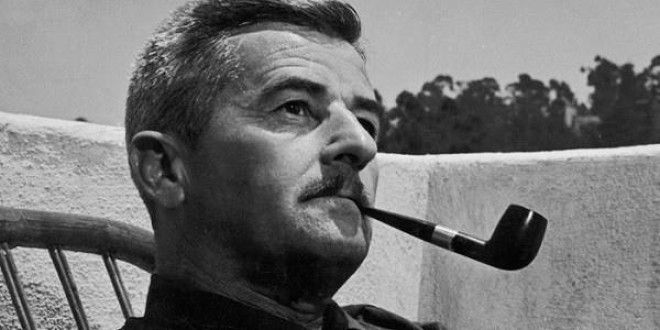
While he worked as a night supervisor at a university power plant, Faulkner wrote As I Lay Dying, one of the books that earned him the 1949 Nobel Prize in Literature.
Haruki Murakami
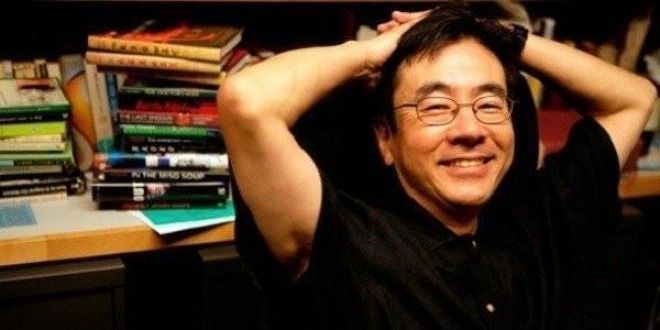
Now an international sensation, Murakami wrote his first book, Hear The Wind Sing, while running a jazz and coffee bar called The Peter Cat in Tokyo. Coincidentally, he also met his wife there.
Kurt Vonnegut
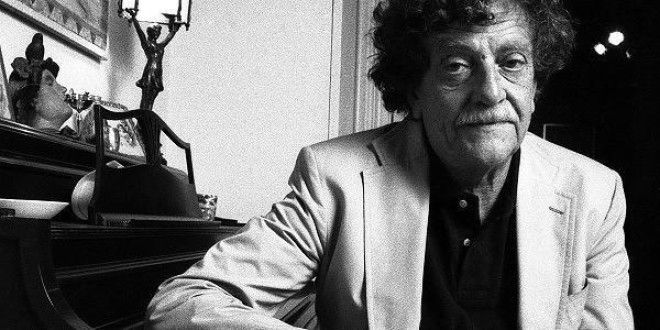
After serving in the Army during World War II (at the end of which he was awarded the Purple Heart for frostbite, of all things), Vonnegut worked as a publicist for General Electric, and later managed one of the first Saab dealerships in America, all while writing short stories and essays for magazines.
Stephen King
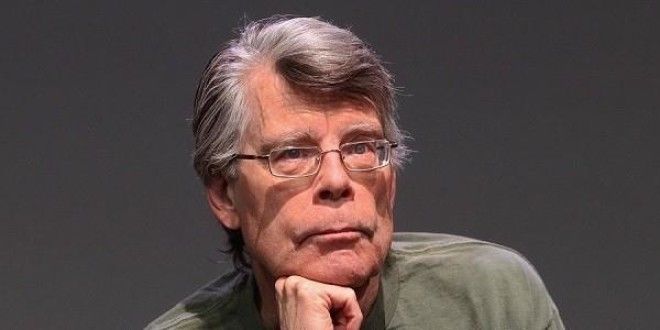
While writing and submitting short stories, King did anything he could to earn money, including working as a janitor, a gas pump attendant, and at an industrial laundry facility.
Agatha Christie
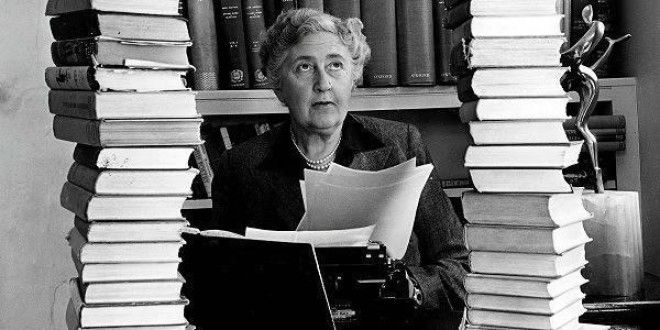
Christie wrote her first detective novel, The Mysterious Affair at Styles, while working in the dispensary of the Red Cross hospital in Torquay, England. Apparently she learned much about poisons there, which would become useful in her later work.
JD Salinger
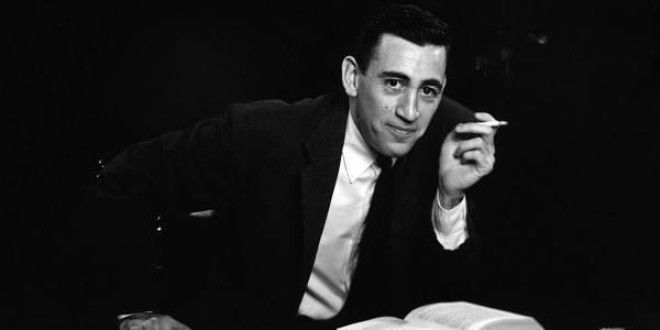
It may make sense why he withdrew toward the end of his life once you know that Salinger was once the entertainment director on a Swedish luxury cruise liner.
Bram Stoker
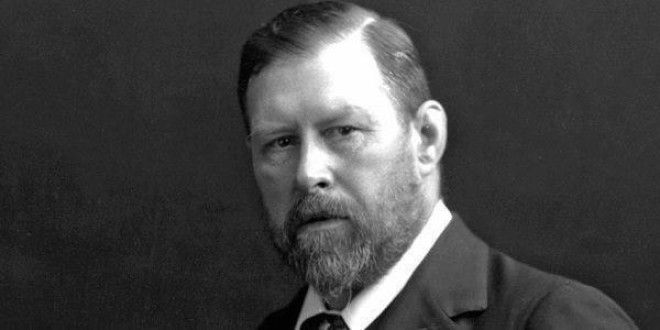
Stoker wrote Dracula while working as the manager of the Lyceum Theatre in London, imagining Henry Irving, a famous actor and owner of the theater, playing the vampire himself.
Douglas Adams
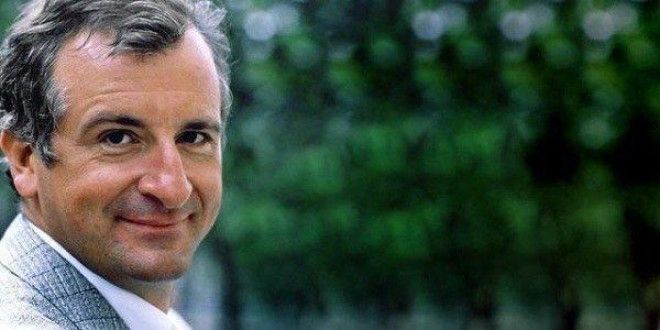
While he wrote for radio shows and Monty Python, Adams served as the private bodyguard to a family of oil tycoons from Qatar.
James Joyce
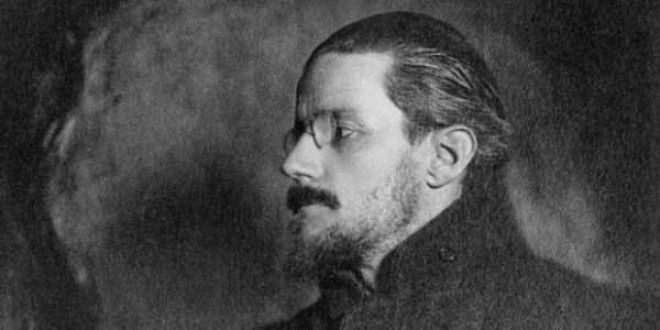
Perhaps the most remarkable of the bunch, Joyce, a gifted tenor, literally “sang for his supper” and even won the Bronze Medal in the 1904 Feis Ceoil, an Irish classical music festival.
Advertising
Octavia Butler
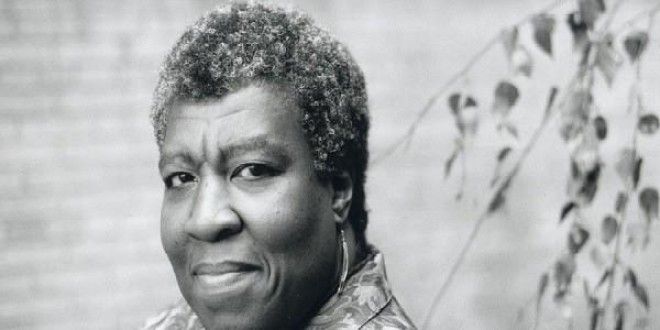
Although Butler wrote wondrous science-fiction, her day job was more grounded in reality. She worked as a dishwasher, telemarketer, and potato chip inspector, all while getting up at 2 a.m. to write.
Robert Frost
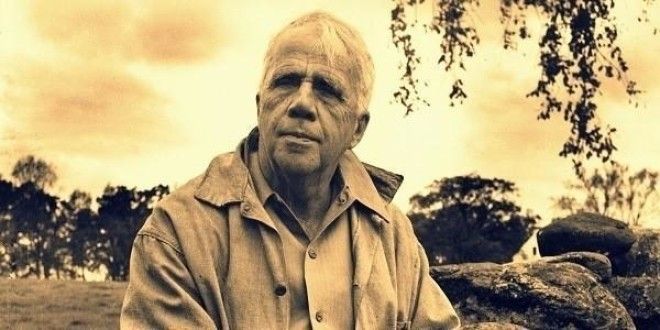
Unsurprisingly, considering his subject material, Frost labored for nine years on his family farm, but before that, he delivered newspapers, assisted in his mother’s classroom, and maintained carbon arc lamps in a factory.
T.S. Eliot
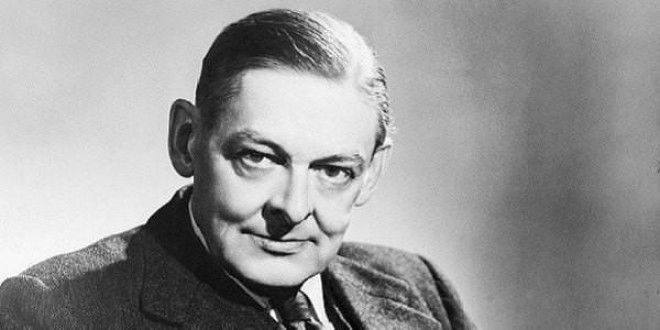
By day, Eliot could have been any ordinary bank employee, but at night, he composed some of the world’s most important and influential modern poetry.
Vladimir Nabokov
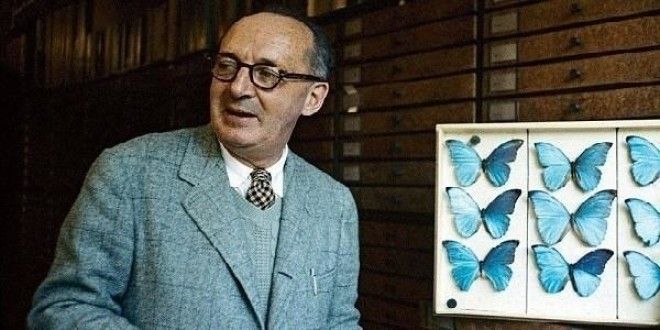
In Nabokov’s time, butterfly hunting was a popular pastime for Russian intellectuals, but he took the hobby further, publishing quite a few theses on the creatures, and accepting a job as a curator at the Museum of Comparative Zoology at Harvard University.
Wallace Stevens
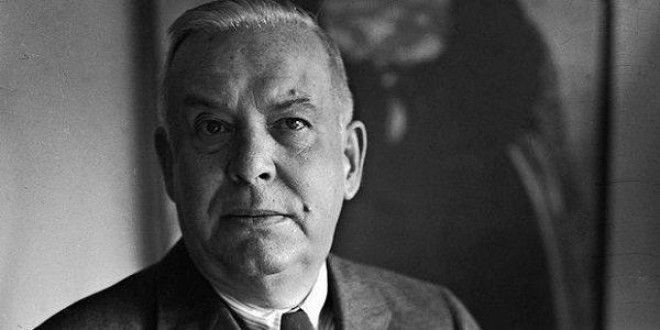
Stevens worked as an insurance lawyer, but he was known to write bits of poetry on the job, sending them to his secretary to be typed and worked on later.
John Grisham
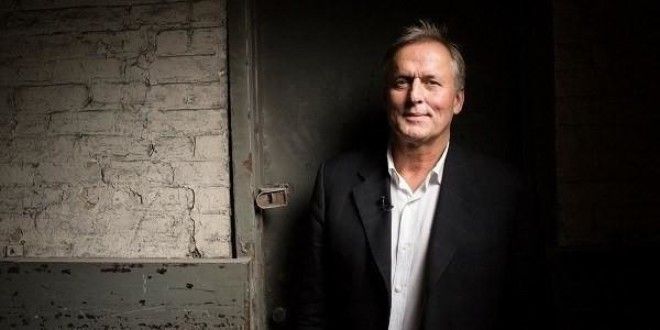
As a young man, Grisham watered bushes at a nursery for one dollar an hour until he was promoted to working as part of a fence crew for 50 cents more. Eventually, he became fed up with that line of work and left to work with a plumbing contractor — all before becoming a prolific author, of course.

